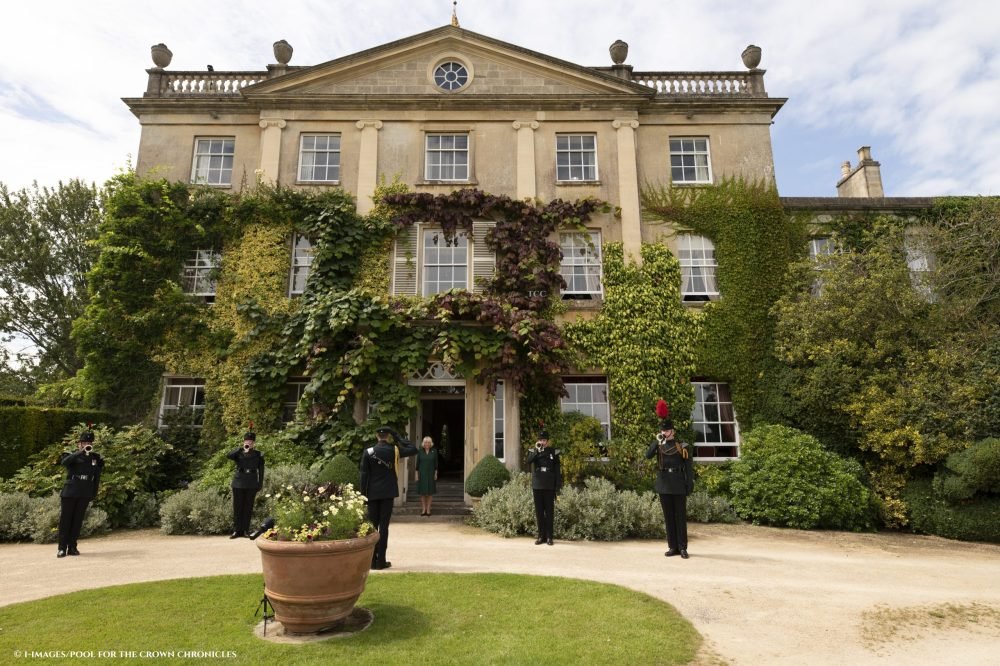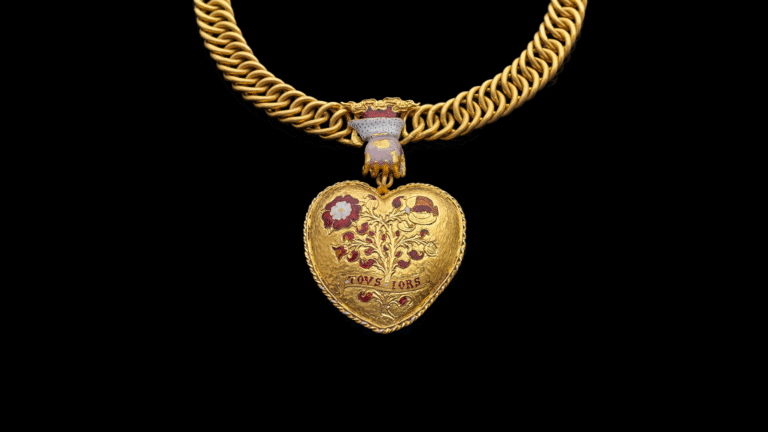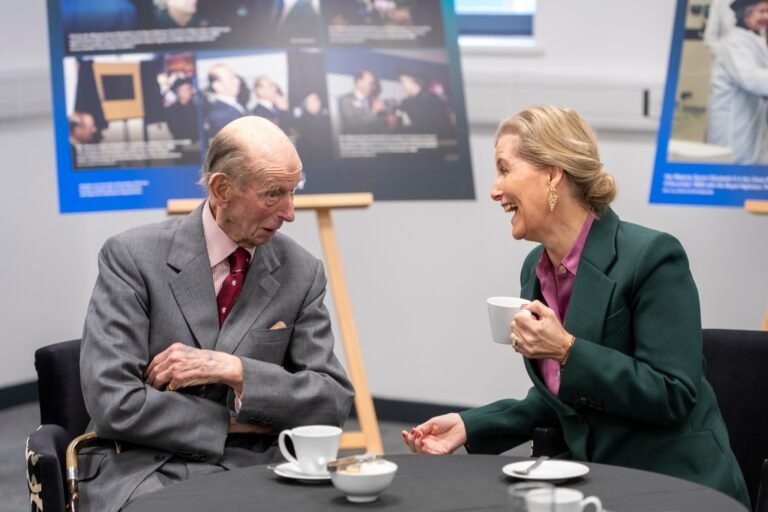Highgrove House and its manicured gardens have long been one of King Charles’s most cherished sanctuaries – but it appears there is trouble in its garden paradise.
For more than 40 years, the Gloucestershire estate and its gardens have served as a reflection of The King’s belief in working harmoniously with nature and a testament to his own green fingers and vision. Charles once said: ‘The garden at Highgrove really does spring from my heart and strange as it may seem to some creating it has been rather like a form of worship.’
Speaking to eight sources who ‘have worked as royal gardeners or have detailed knowledge of the estate’s inner workings’, The Sunday Times claims that behind the estate’s serene exterior lies a troubled workplace marked by staff unrest, low pay and mounting pressure in the gardens.
Since Charles signed a legal agreement in 2021 allowing him to retain access to Highgrove – owned by the Duchy of Cornwall – following his accession, The King has remained closely involved in the day-to-day operations within the gardens. Despite handing over management to The King’s Foundation in the same year, the article reports that the Monarch continues to issue handwritten memos with requests, inspect the gardens’ progress personally and comment on everything from the placement of flowers, to individual weeds and the grammatical accuracy of staff reports.
While some staff view this as a reflection of his passion and high standards – reports of which have been heard frequently over the years – others describe it as overwhelming, particularly in the context of limited resources at Highgrove.
One former employee recalled being reprimanded after Charles spotted a single ragwort near the swimming pool. Another said The King expressed intense disappointment over the condition of his favourite delphiniums, claiming their poor state had ‘spoilt his summer’. Others said that even small errors, such as a misspelled plant name, could trigger a written rebuke. One former gardener reported receiving a note from The King with a single-letter correction and simply ‘No!’ written down.
A key source of tension, The Sunday Times reveals, is pay. Even as the estate increased visitor numbers and revenue through public tours and a growing retail operation, in 2022, at least half of the garden staff were paid at or just above the legal minimum, which currently sits at £12.21 per hour, or around £23,800 per year. According to insiders, the result has been a revolving door of staff: of the 12 full-time gardeners employed that year, 11 are understood to have left, including two successive heads of gardens and a deputy.
Complaints have surfaced not just about pay, but also about unrealistic demands and a lack of support. In one grievance lodged in 2023, a senior gardener claimed that the team suffered injuries and ongoing stress while trying to meet The King’s expectations.
They described morale as low and said they were discouraged from raising concerns. ‘There is little management of [Charles’] expectations,’ the complaint stated, ‘and I know I would not be allowed to say we are understaffed.’
There were even blurred boundaries, as The King asked for work in areas not covered by the formal working agreement, like his private swimming pool and personal study. Such requests added further pressure to an already overstretched team.
One quoted gardener said staff were treated like ‘dirt’, adding: ‘There was anger boiling at the surface … very impatient, no politeness at all.’ This person said the King’s position made it impossible to speak up: “It was like, you should be thankful that we’ve given you a job, and you work for the King, the highest person in the country.”
Several former staff also raised concerns about poor management, the report continues, and pointed the finger at Constantine Innemée, the executive director of Highgrove and a long-time aide to the former Prince of Wales. While Innemée denies any wrongdoing, the grievance investigation commissioned by The King’s Foundation upheld claims of ‘staff shortages’, ‘poor management practices’ and difficulties in recruitment and retention.
Former gardeners said they often felt unable to push back against the Monarch’s demands, even when they believed a particular horticultural request would harm a plant’s health. One recalled being shouted at by Innemée after suggesting the need for a specialist gardener to care for a particular tree, and another said that working conditions became so difficult they could not speak publicly about their experience for mental health reasons.
Others took a less charitable view. One gardener said staff were treated like “dirt”, adding: ‘There was anger boiling at the surface … very impatient, no politeness at all.’
Despite the internal difficulties, The King’s Foundation has highlighted a series of successes under its stewardship: doubling of profits, strong visitor numbers and being recognised as a model for education and sustainability. A new facility now offers heritage skills training to hundreds of students each year.
Still, behind the public image of harmony, staff accounts suggest a far more complex reality. The King’s personal attention to detail, is admired by some: ‘He’s always been a gardener. If you were employed by somebody that wants stuff a certain way, I don’t think that’s a ridiculous demand. They’re paying you and they ask you, “I want an avenue of trees along here”, I don’t think that’s an unreasonable thing to ask people who you’re employing.’
Another more positive quote comes from an ‘individual still close to Charles’ said the Royal would offer ‘positive feedback and genuine enthusiasm with equal vigour’, reports the article. No sources commented on the record due to non-disclosure agreements they had signed during their employment.

But it has also become a source of strain for others operating with limited resources and little room to push back, given his status. A source said The King’s position made it impossible to speak up: ‘It was like, you should be thankful that we’ve given you a job, and you work for the King, the highest person in the country.’
The gardens remain an important symbol of Charles’ ideals – but also, increasingly, a flashpoint in the balance between royal vision and modern employees.
A spokesman for The King’s Foundation said: ‘Highgrove has seen many positive developments since The King’s Foundation became the charitable custodian of the gardens.
‘Since 2022, the operating profit has more than doubled, a new education facility teaching traditional heritage skills to hundreds of students has been established, and visitor numbers continue to reach over 40,000 annually.
‘Many of our visitors and students enjoy discovering His Majesty’s personal impact on the gardens. We continue to value this input as we work to grow the educational offering at Highgrove and public interest in the gardens.’






